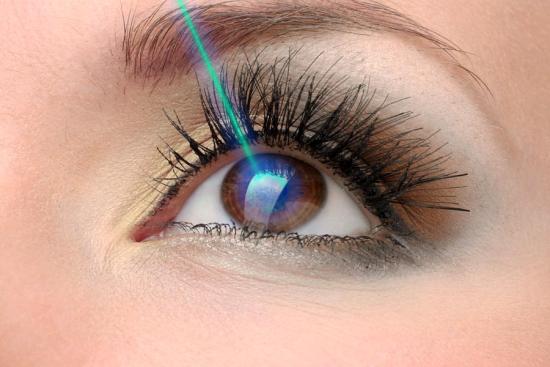Are you tired of waking up to find your glasses or juggling your contact lenses? What if you could say goodbye to all that with a fast, safe, and long-lasting solution? LASIK, one of the world's most popular eye surgeries, allows you to regain clear vision... without any artificial aids.
In Turkey, this procedure is performed with state-of-the-art equipment by experienced ophthalmologists.
Better vision could be just hours away. Are you ready to open your eyes to a new life without glasses?
Cost of LASIK surgery in Turkey!
Imagine opening your eyes in the morning with sharp, clear vision without having to look for your glasses or put in your contact lenses. LASIK surgery in Turkey makes this dream come true!
Thanks to state-of-the-art equipment and surgeons who specialize in ophthalmology, LASIK surgery allows you to regain clear, precise, and long-lasting vision... all at a very attractive price.
On average, the cost of LASIK surgery in Turkey is around €1,600, all-inclusive: pre-operative examinations, surgery, post-operative follow-up, stay in a modern clinic, and personal assistance with an interpreter. This unbeatable price does not come at the expense of quality - on the contrary. You benefit from the highest level of care in internationally renowned facilities.
Depending on your case, you'll also have access to other vision correction techniques such as Femto-LASIK, PRK, or LASEK.
Need personal advice? Our medical consultants are here for you. We'll take care of everything from analyzing your case to coordinating with the best ophthalmologists in Turkey.
Why wait? Take control of your vision today. Book your free teleconsultation and get expert advice.








